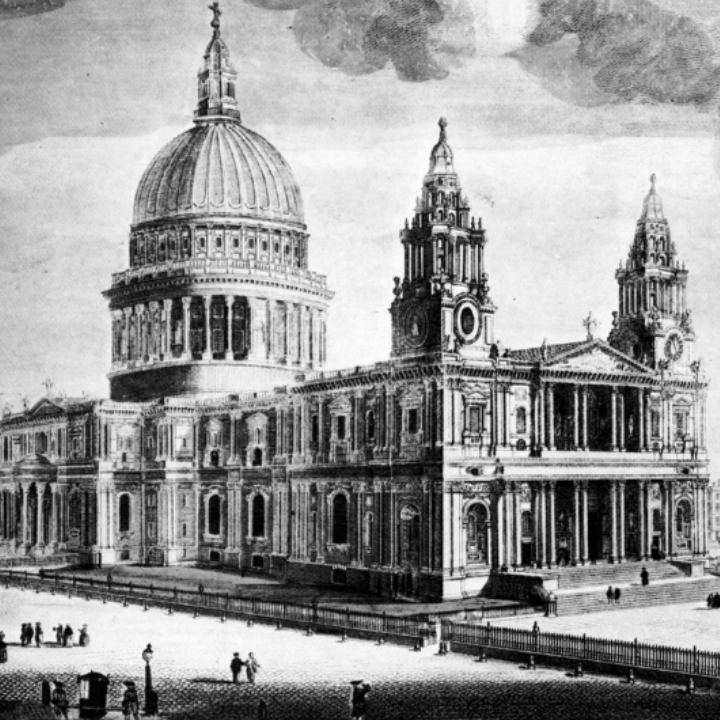
Religion and Belief
Religion has always occupied a difficult and contested place within the history of feminism. Religious belief was largely dismissed from pioneering accounts of women’s history, which tended to view religion as a source of oppressive domestic ideology for women. However, an expanding body of historical work on the role of religion in women’s private lives and public roles has led to recognition of religion as an important starting point for women’s activism.
Over the last three decades, scholars have paid increasing attention to the different and particular roles of different religious and denominational cultures in shaping political reform and the formation of organised women’s movements. This includes the rise of new esoteric forms of religion in the late nineteenth century, such as theosophy and spiritualism, which offered alternative ways of configuring women’s agency and relations between the sexes. Equally important have been the study of the historical relationship between feminism and secularism and the role of freethought in shaping women’s rights discourse and activism. A key figure in this respect is the feminist and birth control pioneer Annie Besant, who rejected Christianity for secularism and eventually converted to theosophy, becoming the second President of the Theosophical Society. This section contains an early biography of Besant together with collections of primary source material on women and belief and women, madness and spiritualism.
One of the most important critical works in this section is a landmark collection of essays on Women, Gender and Religious Cultures in Britain, 1800-1940 edited by Sue Morgan and Jaqueline de Vries. Contributions consider women’s role in the making of modern British cultures of belief in relation to family life, sexual ideas and practices, ministry and missionary organisations, and philanthropic and political reform networks. The essay by de Vries considers the paradoxical relationship between feminism and religion in a number of historically specific contexts and shows how nineteenth- and early twentieth feminists drew upon, reconfigured and rejected the different religious cultures of which they were a part. Sandra Stanley Holton’s history of Quaker Women is also significant for its extensive documentation of central place of Quaker kinship networks within campaigns for women’s suffrage and sexual equality in Britain from the late eighteenth to the early twentieth century. Other contributions in this section locate the relationship between feminism and religion in a transatlantic and European as well as a British context.